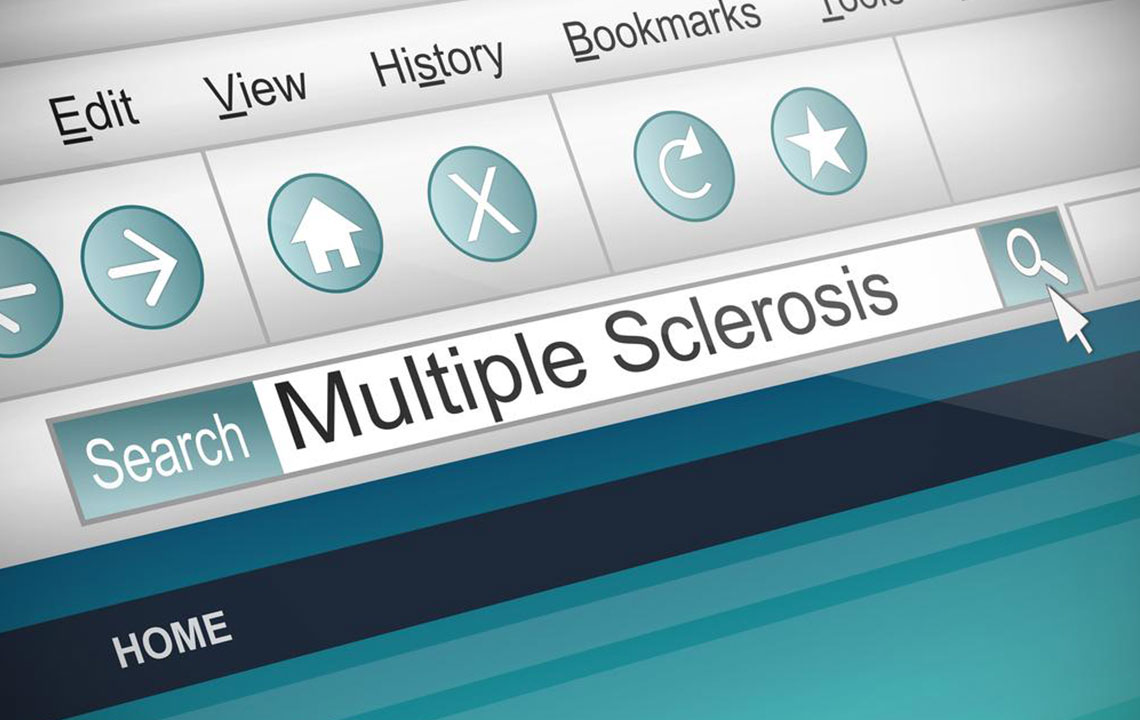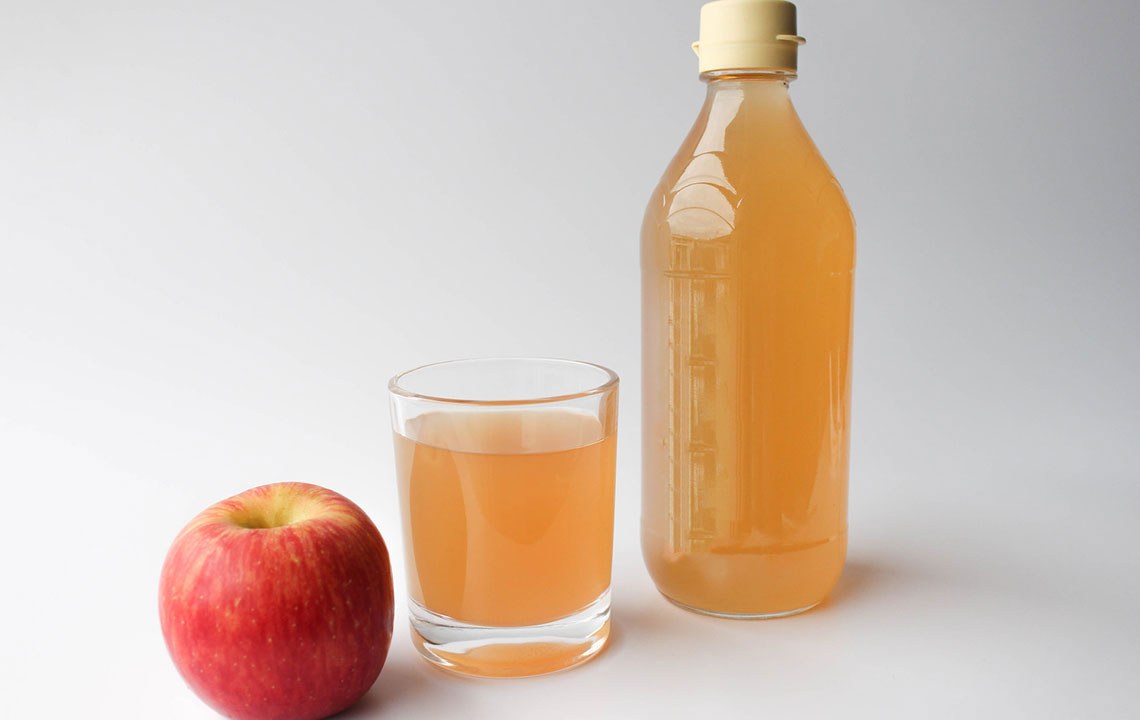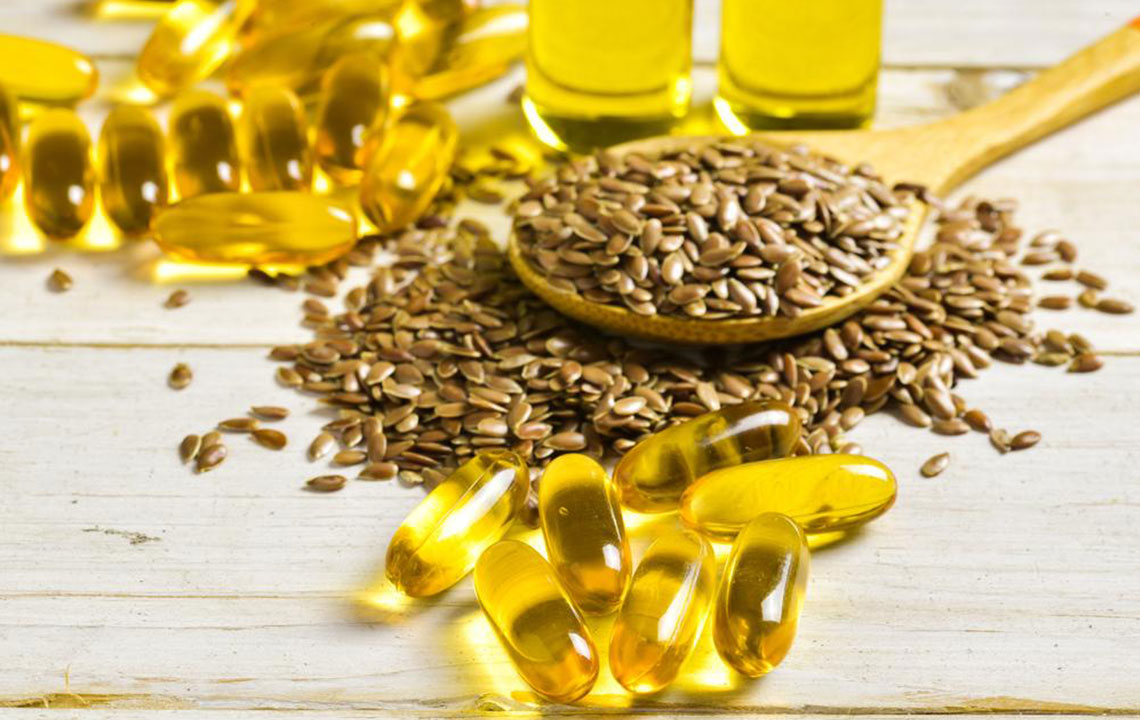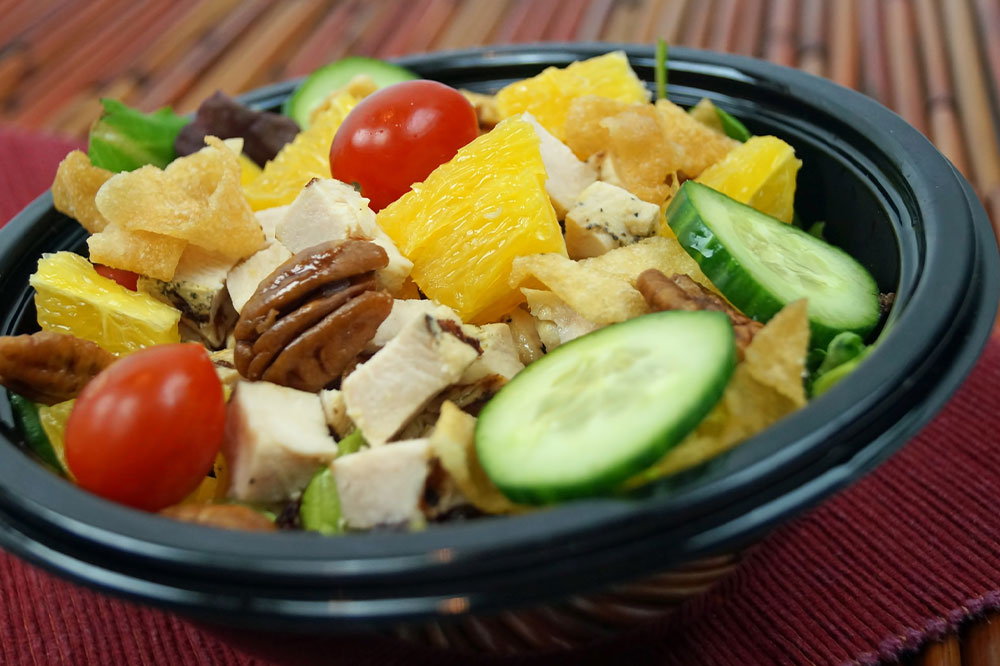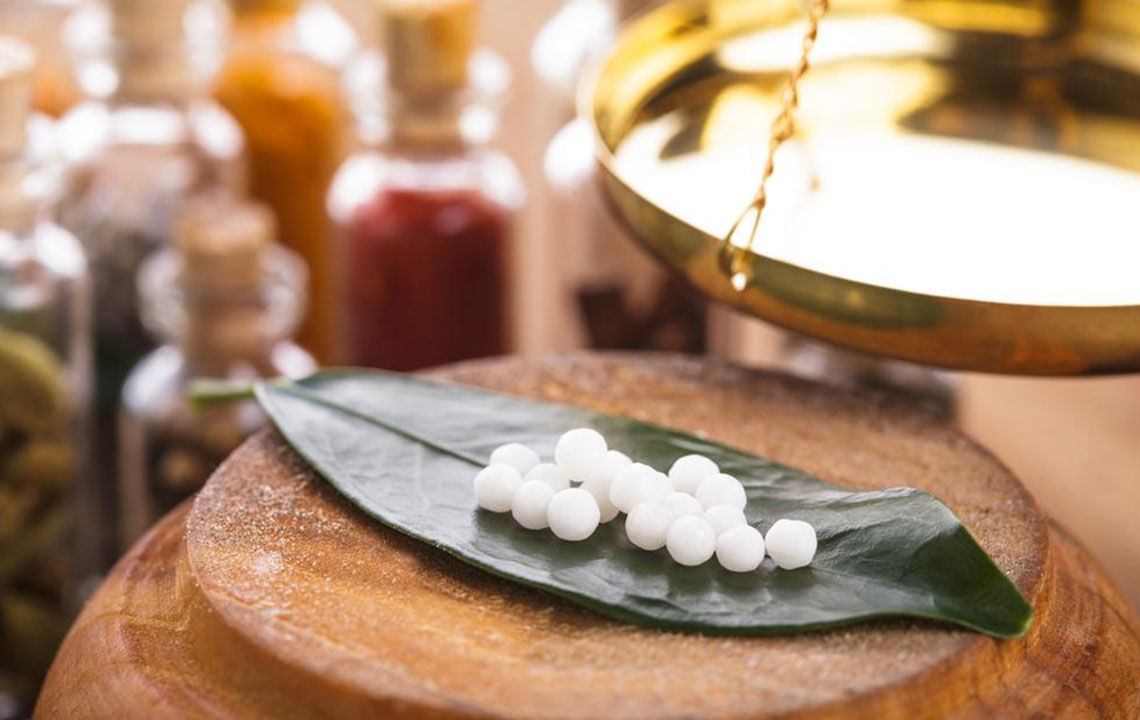Comprehensive Dietary Guidelines & Foods for Effective Pancreatitis Recovery
Discover in-depth dietary strategies and recommended foods to support pancreatitis recovery. Learn which high-fiber, low-fat options promote healing, and identify foods to avoid for preventing flare-ups. This comprehensive guide emphasizes the importance of a tailored diet, lifestyle adjustments, and professional advice for long-term management of pancreatitis.

Comprehensive Dietary Guidelines & Foods for Effective Pancreatitis Recovery
Pancreatitis is a condition characterized by inflammation of the pancreas, which can occur suddenly and last for several days if not properly managed. This inflammation is typically caused by digestive enzymes attacking pancreatic tissue, often instigated by factors such as gallstones, excessive alcohol consumption, certain medications, or underlying medical conditions. Recognizing the symptoms early, including severe upper abdominal pain, nausea, vomiting, and fever, is crucial for prompt medical intervention. Hospitalization is common during acute episodes, but long-term recovery and prevention rely heavily on adopting a well-balanced, nutritious diet tailored to reducing pancreatic stress and supporting healing processes.
Essential Principles of Dietary Management in Pancreatitis
Proper nutrition plays an integral role in managing pancreatitis, aiding in reducing inflammation, preventing future attacks, and supporting overall health. Patients are advised to avoid foods that can irritate the pancreas or promote inflammation, such as high-fat foods, fried items, alcohol, and processed snacks. Conversely, emphasizing nutrient-dense, easy-to-digest foods helps in healing and maintains energy levels during recovery. Developing an individualized diet plan under medical supervision ensures that nutritional needs are met without aggravating the condition.
Key Food Groups Beneficial for Pancreatitis Recovery
Legumes and Pulses: Incorporate fiber-rich options such as beans, lentils, and chickpeas into your diet. These foods are high in antioxidants and plant-based proteins, which can help combat inflammation and reduce the formation of gallstones—a common trigger for pancreatitis episodes. The fiber content also supports healthy digestion and facilitates toxin removal, thereby bolstering pancreatic health.
Lean Fish Varieties: Choose low-fat fish like cod, haddock, and sole. These protein-rich foods are gentle on the digestive system and may help decrease the frequency of pancreatitis episodes unrelated to gallstones. Consuming 2-3 servings per week provides omega-3 fatty acids that possess anti-inflammatory properties, promoting healing and reducing pancreatic inflammation. Fatty fish such as salmon and mackerel, though higher in fat, are also beneficial in moderation due to their high omega-3 content.
Low-Fat Dairy Products: Opt for skim or low-fat milk, yogurt, and cheese. These are excellent sources of protein and calcium, which are essential for pancreatic health. Calcium aids in the secretion of pancreatic enzymes, facilitating digestion, while protein aids tissue repair. It’s important to avoid high-fat dairy options, as they can trigger discomfort. For individuals with lactose intolerance, plant-based alternatives like soy or almond milk can serve as suitable substitutes.
Leafy Greens and Vegetables: Include spinach, kale, lettuce, and other greens in your diet. These vegetables are naturally rich in antioxidants, vitamins, and minerals that help combat inflammation and support the immune system. Incorporating a range of colorful vegetables ensures a variety of nutrients needed for tissue repair and overall health during recovery.
Whole Grains: Foods such as oats, brown rice, quinoa, and whole wheat products are high in dietary fiber, which aids in maintaining normal digestion and preventing gallstone formation. Due to their fiber content, they help regulate blood sugar and reduce inflammation. Portion control is essential, and consulting a healthcare professional before making significant dietary changes ensures that fiber intake complements your specific health needs.
Lean Meats: Favor lean sources like chicken, turkey, and venison over red meats. These meats are easier to digest, lower in fat, and provide necessary protein for healing tissues. Eating small, frequent meals of lean meats can prevent undue stress on the pancreas and reduce cholesterol levels, which may otherwise worsen inflammation.
Vegetables Rich in Fiber and Nutrients: Beets, rich in fiber, iron, and vitamins, help boost immunity and reduce inflammation when consumed in moderation. Excessive intake can be challenging to digest, so gradual introduction is advisable. Beets can be incorporated into salads, smoothies, or roasted dishes.
Nutritious Tubers: Sweet potatoes are dense in beta-carotene, fiber, and antioxidants that support immune function and reduce inflammation. They are versatile and can be prepared baked, boiled, mashed, or added to soups and stews, making them an excellent inclusion in a pancreatitis-friendly diet.
Foods to Avoid
To manage and prevent pancreatitis flare-ups, it’s critical to steer clear of foods that tend to worsen symptoms:
Sugary snacks and desserts, which can cause blood sugar spikes and inflammation.
Processed meats like sausages, bacon, and deli meats, which are high in unhealthy fats and additives.
High-fat dairy products that may trigger discomfort and exacerbate inflammation.
Fried foods and greasy fast foods that burden the digestive system.
Red meats such as beef and pork, especially when consumed excessively, due to their high fat content.
Packaged foods with preservatives, artificial flavors, and additives—prefer homemade, fresh meals for better control over ingredients.
Special Dietary Considerations During Recovery
During severe episodes or right after an attack, healthcare providers often recommend a liquid diet, which includes clear broths, herbal teas, and natural fruit juices. This gives the pancreas time to rest and heal without producing excessive digestive enzymes. Transitioning gradually to soft, low-fat foods and eventually to regular, balanced meals under medical supervision ensures a safe recovery process.
Monitoring portion sizes and eating small, frequent meals help prevent overburdening the digestive system. Additionally, staying well-hydrated is vital to facilitate digestion and nutrient absorption. Patients are encouraged to maintain consistent communication with their healthcare team to tailor dietary plans suited to their specific condition and nutritional needs.
Additional Lifestyle Tips for Manage Pancreatitis
Avoid alcohol completely, as it is a primary cause of pancreatitis.
Maintain a healthy weight through balanced diet and regular exercise.
Manage stress levels, which can impact digestive health.
Follow your doctor’s advice regarding medication and dietary adjustments.
In summary, adopting a pancreatitis-friendly diet centered around nutrient-rich, low-fat foods, and avoiding irritants can significantly aid recovery and prevent future attacks. Always seek personalized guidance from healthcare professionals for optimal results.

